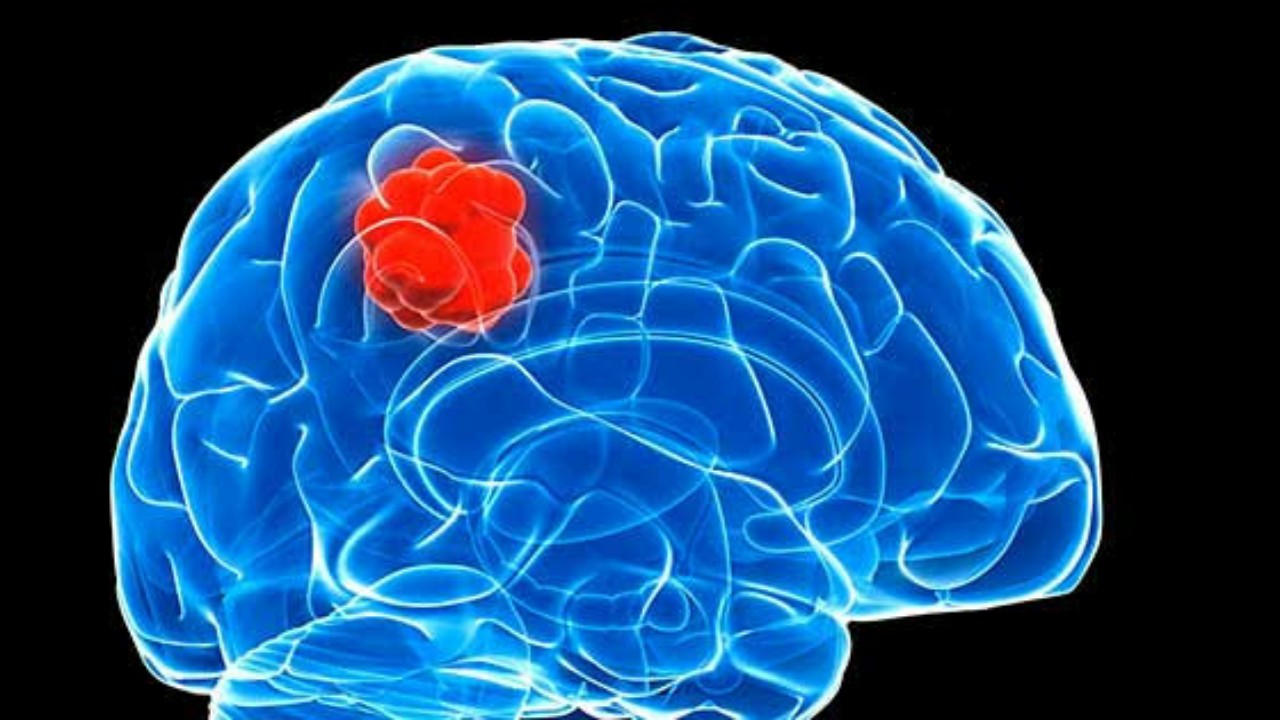

To determine whether you have a brain aneurysm, a variety of scans and tests are available. Here are a few examples:
A CT scan is a type of imaging test that produces images of your brain. You will be lying down on a table that will glide into a CT scanner. A technician will inject contrast dye into one of your veins to help see blood flow and identify aneurysms in your brain.
You lie down on a table that glides into a scanner for this exam, which is comparable to the CT scan. The MRI creates comprehensive images of your brain and blood arteries by combining magnetic fields and radio waves. Aneurysms larger than 3 to 5 millimeters can be detected by MRIs and CT scans.
The tests that follow are more invasive than a CT or MRI scan.
However, they might be able to provide you and your doctors with a more full picture of what’s going on:
This test, which is thought to be the most accurate technique of detecting aneurysms, reveals the weak regions in your blood arteries. You’ll be lying on an X-ray table during the procedure, and you’ll be given medication to take the edge off any discomfort. A short flexible tube will be inserted into a blood vessel in your leg by your doctor.
They’ll insert a catheter into the blood veins in your neck that lead to your brain. Then they’ll inject you with a contrast dye, and X-rays will be taken to reveal all of your brain’s blood arteries. This provides your doctor with a map of your blood vessels, allowing them to locate the location of the aneurysm.
If your doctor suspects an aneurysm has ruptured, they may request this test. You’ll be given medication to take the edge off the pain. A technician will use a needle to extract spinal fluid from you. The fluid is examined to check if it includes blood, which could indicate that an aneurysm has ruptured.
If you have a burst brain aneurysm, you should seek treatment as quickly as possible because it is likely to hemorrhage again. The aneurysm is treated by cutting off the blood supply to it. The procedures are not without risk. Based on your health and the size, nature, and location of the aneurysm, your doctor will determine which treatment is best for you.
To locate the aneurysm, a portion of your skull is removed. To stop blood flow, a metal clip is inserted on the aneurysm’s orifice. After that, your skull is sealed shut.
This procedure does not necessitate opening the skull. To reach the damaged blood vessel where the aneurysm is located, your doctor will introduce a catheter into your groyne. Tiny platinum coils will be sent via the tube and placed inside the aneurysm by the doctor. The coils adhere to the aneurysm’s shape, cutting off blood flow there. This may be less invasive than surgical clipping, but it increases the risk of the aneurysm rupturing again.
This is a treatment option for bigger brain aneurysms that cannot be clipped or coiled. In this treatment, your doctor places a stent inside the artery, which is usually made of metal mesh. To deflect blood away from the aneurysm, it develops a wall inside the vessel.
Small aneurysms that haven’t ruptured or caused symptoms may not require treatment. However, this is dependent on your health and the severity of the aneurysm. You can discuss everything with your doctors.
Keep reading successyeti.com
In today's article, we will learn the importance of happiness and how to maintain it…
Today, we will look at three common mistakes couples make in their relationships regarding intimacy…
In this article, we will learn about the simple ways that can help one overcome…
Check out the list of couples' biggest relationship mistakes in this article.
In this article, we will learn about anxiety and how one can handle it in…
In this article, you will understand the horrifying effects of child abuse.